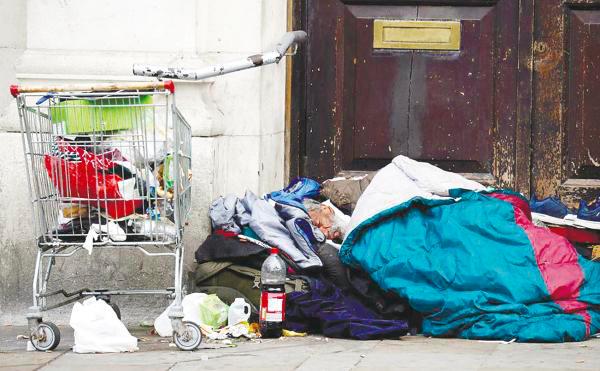THERE are still beggars and homeless people on our streets, although fortunately, they are relatively infrequent. Allow me to recount three instances from my encounters and observations.
In the first case, after parking my car, I headed to a nearby grocery store. Along the way, I passed a large roll-on-roll-off garbage bin situated by the roadside.
A man in tattered clothing stood on a wooden stool, leaning over the bin, scouring for discarded food and drinks.
Witnessing this pathetic sight, I felt moved. I took out RM10, handed it to him, and suggested he use it to buy some food.
He accepted the money, looked at me briefly, tucked the note into his pocket, and resumed searching the bin, seemingly oblivious to my advice. I proceeded with my shopping.
Upon my return to the parked car, I encountered the same man again. He emerged from a betting shop, holding a forecast number ticket and sporting a smile.
He did not recognise me. I could not help but wonder if he had used the money I gave him for his “investment” rather than purchasing food.
In the second case, there was a middle-aged beggar who occupied the five-foot way of an open shop house.
He would spread out a worn-out rug to gather coins from those passing by.
I handed him RM10 and continued with my tasks. Upon returning after completing my chores, I was taken aback to find the beggar folding his rug, readying himself to depart.
Presumably, he had gathered sufficient funds for the day. I held onto the hope that he utilised his collections to procure some decent food.
In the third scenario, at the opposite end of town, there was an able-bodied man who opted for idleness instead of employment, choosing to lounge around the five-foot way of an abandoned shophouse, essentially making it his “home”.
He used large and small cardboard pieces as makeshift bedsheets and blankets. Throughout the day and night, he would linger in the area, occasionally returning to his improvised dwelling to rest. The space was strewn with litter, and hygiene seemed to be of minimal concern.
To my surprise, I discovered that he relied on the offerings placed by shop owners at altars for sustenance. This unconventional source provided him with his food supply.
He would go around collecting and consuming the food and drinks left on these altars, and the shop owners seemed unperturbed, as they replenished their offerings daily.
These encounters have left a sombre impression on me, intensifying my desire to assist these individuals on the streets.
However, I remind myself not to be excessively judgmental, recognising that each person may have their own stories or reasons for their unfortunate circumstances.
While federal and state Social Welfare Departments can provide support by placing them in shelters, it is conceivable that some of them may value their perceived “freedom”.
Regardless, it is crucial for us to extend kindness and generosity to them. Our prayers and hopes should centre on the possibility that they will somehow rediscover their self-esteem and ultimately lead more dignified and fulfilling lives.









